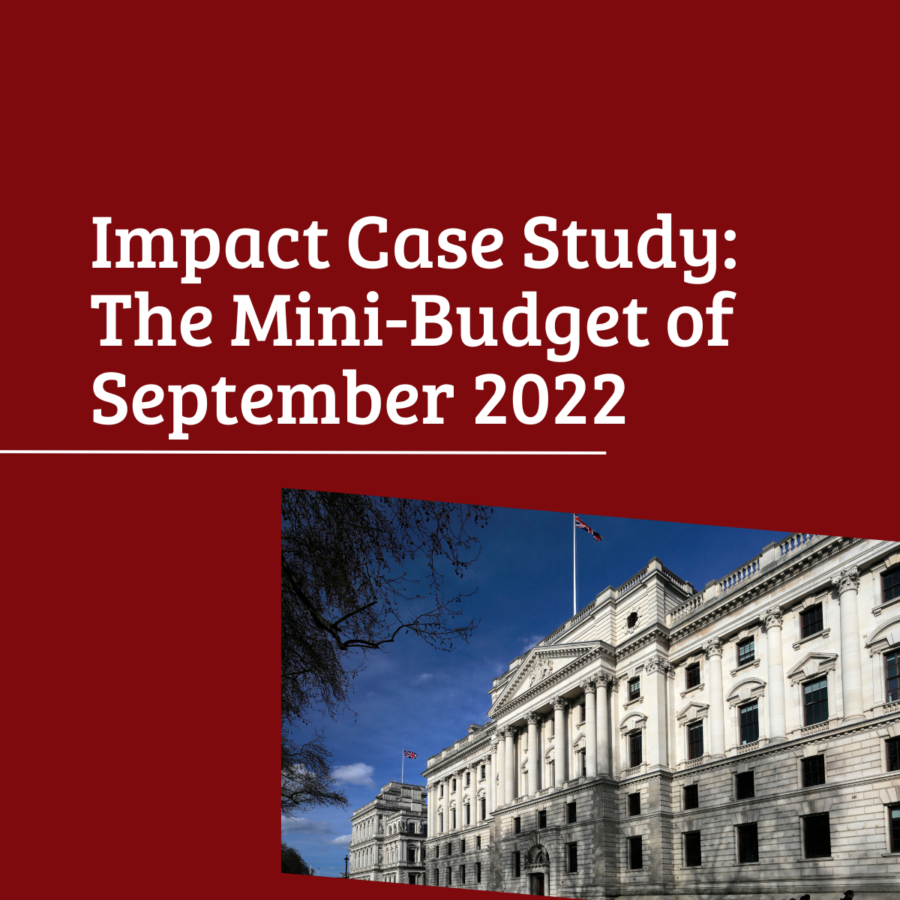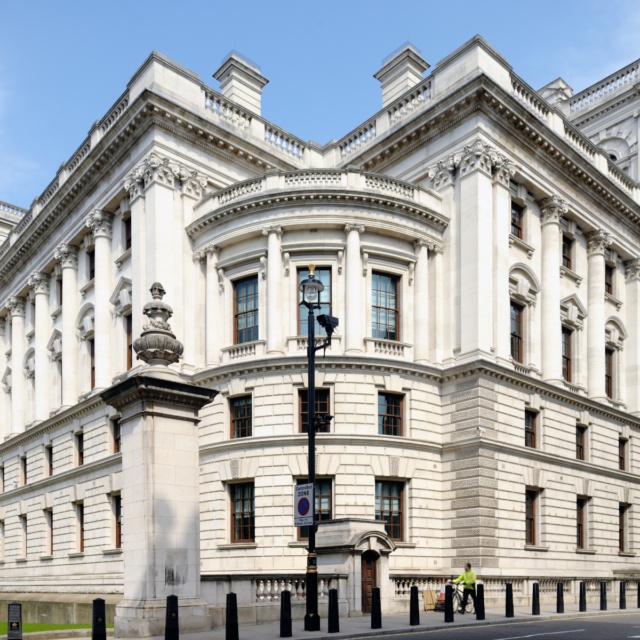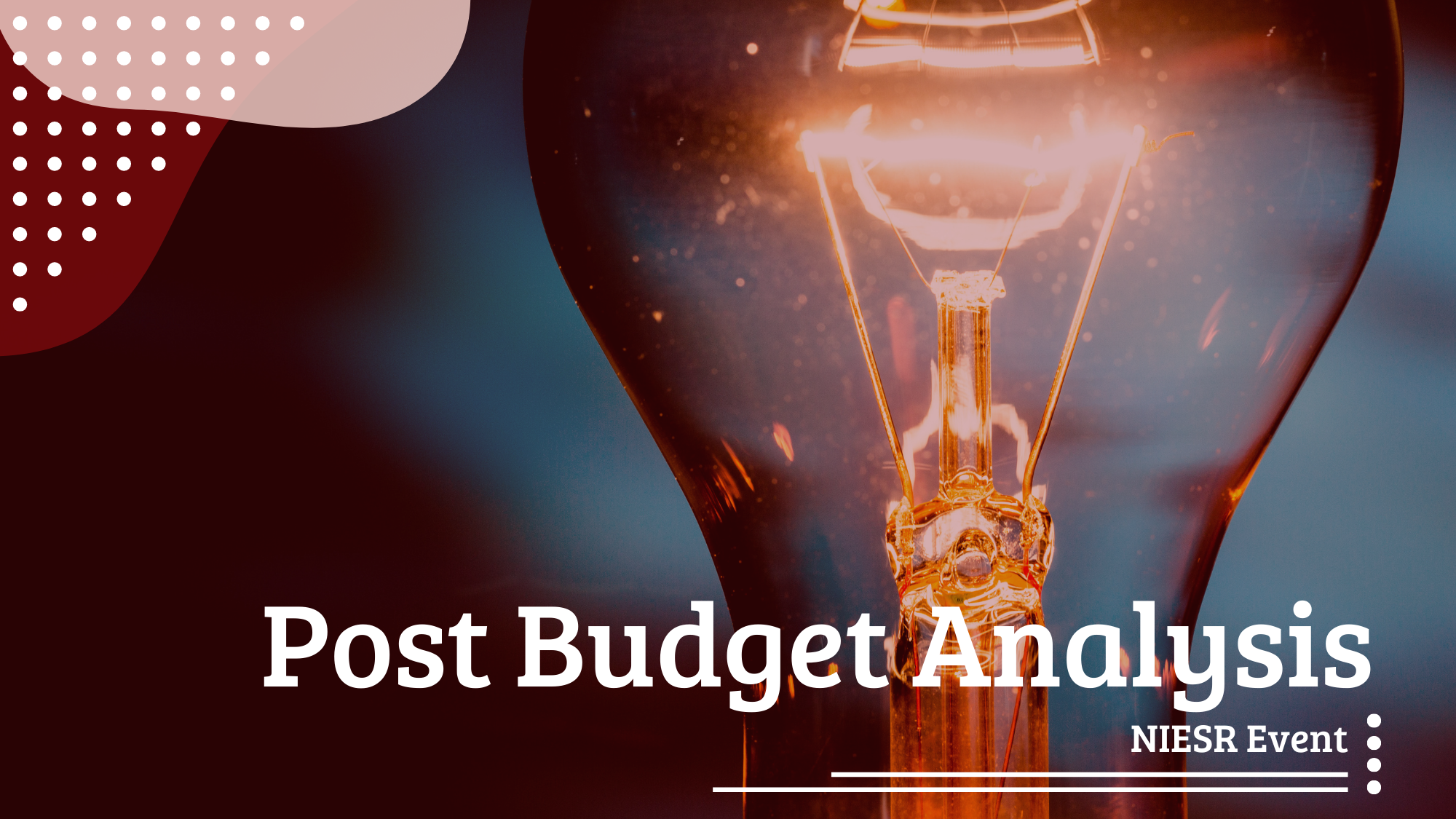What we did
Ahead of the mini-Budget, we were critical of the decision to bypass the OBR and other independent economic experts. We also released our recommendations for a Variable Price Cap for energy, which we argue would offer a more sustainable solution while also supporting those households most in need.
On the day of the mini-Budget, we produced an independent assessment of the measures, publishing our analysis on its website and hosting an online event to share our findings. Follow-up analysis continued as the situation developed, with the fallout in currency and bond markets.
What we found
The analysis predicted that while there would be a short-term positive effect on GDP, the consequences of the measures announced would be broadly negative. Not only would the inflationary effects of the government interventions mean that the Bank of England would need to raise rates more aggressively than previously expected, but also the combination of extra spending, and tax cuts would increase public sector net borrowing to 8 per cent of GDP in 2022-23.
On energy bills, we questioned whether the chosen policy of universal support represented the best solution and anticipated that, as a consequence of the mini-Budget, overall disparities within the UK would deepen. Our assessment highlighted that, given the combined measures , the main beneficiaries were those households in the top income deciles rather than those who are in most need of support.
What happened next
Our analysis received significant and sustained media coverage with mentions across all major outlets, including The Economist, The Financial Times, the Guardian, The Telegraph, The Times, Reuters and Bloomberg. Internationally, we received coverage from Die Welt, Les Echos and the New York Times. Interviews were conducted with Sky News, BBC News, CNN and Times Radio, as well as across the BBC radio channels (including BBC Radio 4, BBC Radio 2 and regional outlets).
Our dedicated event, which took place on the afternoon of 23 September, had 184 registrations in less than a 24-hour period, and was watched by 166 people. A further 103 views took place of the video in the first week. The document containing our analysis was published on our website and downloaded 410 times in the first week.
The analysis was further cited by the House of Commons Library, by the Chair of Petitions Committee – Catherine McKinnell MP – during a parliamentary debate, and on BBC Question Time by former Chancellor of the Exchequer Nadhim Zahawi MP. Additionally, on 12 October we were invited to provide evidence before the Treasury Select Committee and continued, over the following weeks, to provide commentary and analysis. On 17 November 2022, following a change of Prime Minister and Chancellor, the majority of the measures that has been announced were withdrawn in the Autumn Statement.





